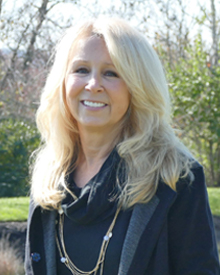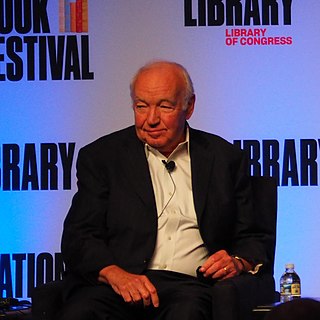A Quote by Andrew Latimer
Like a lot of small press founders I was looking for a way into publishing - as well as a way out of academia. Without moving to London, I couldn't see a way of working for a publishing house whose work I liked. Believe it or not, the simplest way for me to get into publishing was to start my own press.
Related Quotes
Publishing is not evolving. Publishing is going away. Because the word "publishing" means a cadre of professionals who are taking on the incredible difficulty and complexity and expense of making something public. That's not a job anymore. That's a button. There's a button that says "publish," and when you press it, it's done.
There's a reason that so much good material is coming down to the small presses: it's difficult to turn a profit, all things considered. But you can't go into small press publishing and complain about the money. Our Little Island publishing just needs to survive. If we're still around in a few years - in vaguely the same shape as we are today - then, to me, that's success.
Self-publishing in comics is core to the whole artform. There is no scarlet letter in comics as there still is, to some degree, in prose. As no publisher for a long time would publish serious work in comics, the only way a lot of it came out was because of self-publishing. Many of the greatest works of the medium are self-published.
Despite wanting to work in publishing, I was a publisher's worst nightmare: I rarely bought new books. So my goal was to publish the kind of books I would buy, and read. My reading habits have changed since starting the press. The only other "goal", per say, is to continue to experiment. I don't want the press to ever fall into a formula, or to be pigeonholed - "They do great reissues of modernist poets!" - I want to keep pushing, exploring the kind of title we can get away with. And working with authors who challenge the way I think about writing, editing and reading.
A lot of people get to the point in their careers where blurbs are ghostwritten for them, because they're like, "I want to support this person, it's good for my career," and so they get someone at the publishing house to do it, or they copy something from the press release. People write their own blurbs, absolutely, some huge percentage of the time.


































